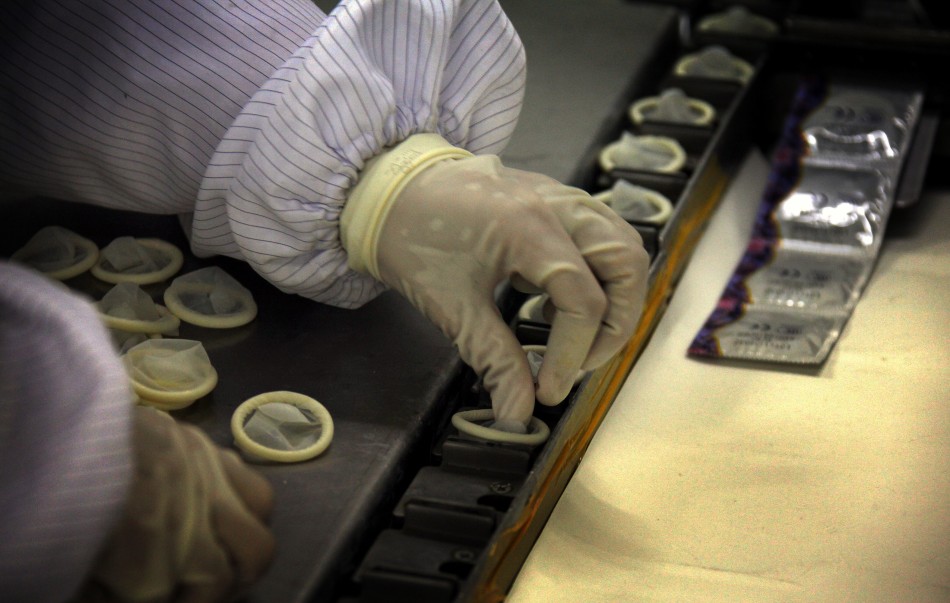
A chemical found in babies' dummies, rubber gloves and condoms 'probably causes
cancer' according to The World Health Organisation. MBT, a chemical used in the
manufacturing of rubber is found in numerous household items, including, soft
playground surfaces made of 'rubber crumb', medical catheters, car tyres, rubber
insoles, air beds, elastic bands, babies' dummies and swimming caps and goggles.
Rubber crumb, which is made from recycled tyres, is also a key component of the
all-weather 3G football pitches, which it is claimed contain mercury, lead, arsenic and
other toxic chemicals.
While the chemical has been found to raise the risk of cancer in animals, reporting their
findings in the journal Lancet Oncology the WHO ruled there was a strong possibility it
was also harmful to people.Professor Hans Kromhout, a member of the committee that reviewed the chemical, said: "It has been identified in gloves and baby bottle teats and soothers. It has recently been identified in inhalable road dust with the wearing of rubber tyres the most
likely source of this contamination."
According to Mail Online, a spokesman said: "MBT is used mainly in manufacturing
rubber products. The most important exposures are to workers in the chemical and
rubber industries. The general public may be exposed to small amounts of MBT by
skin contact with some rubber goods, such as gloves and footwear, or by inhaling tyre
dust in urban air. Risks to the public at large from these types of exposures have not
been studied.'
The chemical MBT is found in babies' dummies
Professor Sorahan said that while large amounts of MBT in factories could be dangerous, the small amounts used in everyday products were not likely to be harmful. "I doubt whether MBT is a health issue for the general population but workers manufacturing or using the chemical
need to be protected," he explained.While campaigners have urged people to ask
retailers if MBT – full name 2-mercaptobenzothiazole – was in products before buying
them, a leading British expert on chemical exposure urged the public not to worry,
explaining that items of everyday usage were unlikely to pose a threat.
But Dr Michael Warhurst of campaign group CHEM Trust, said: "We need the regulatory system to work faster to protect us. People would be right to be concerned about this, and to
ask retailers whether this chemical is present in products that they have bought."













No comments:
Post a Comment